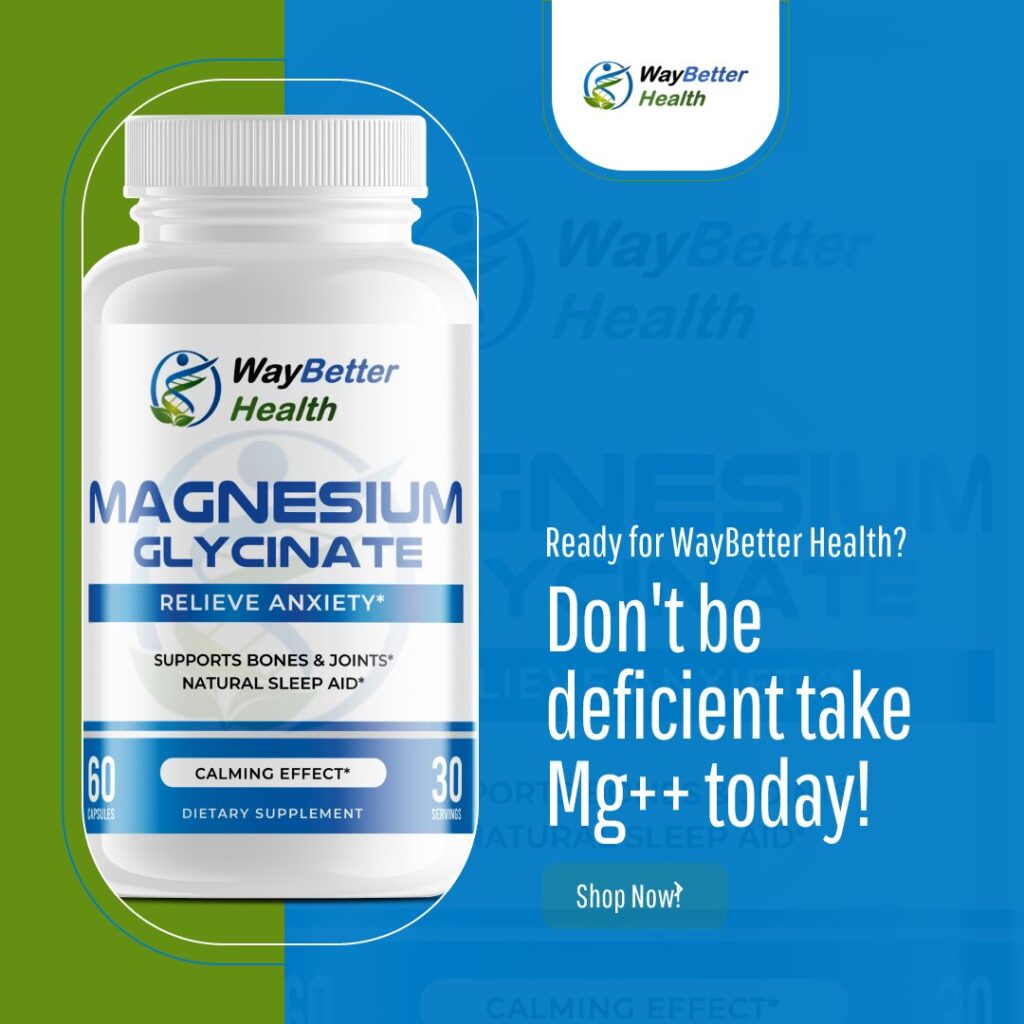Whole wheat bread is one of the highest sources of magnesium amongst foods. It is a vital mineral in a multitude of biological processes.

Magnesium is an essential mineral that plays a vital role in many bodily functions. It is involved in over 300 enzymatic reactions in the body, including energy production, protein synthesis, muscle and nerve function, and blood glucose control ³. Magnesium is also important for bone health and helps regulate calcium levels in the body ³.
In addition to these functions, magnesium has been shown to have anti-aging properties. A study published in PubMed found that magnesium acts as an antioxidant against free radical damage of the mitochondria ¹.
Mitochondria are the powerhouses of cells and are responsible for producing energy. As we age, mitochondrial function declines, leading to increased oxidative stress and damage to cells. Magnesium helps protect against this damage by acting as an antioxidant ¹.
Low magnesium intake has also been linked to increased levels of inflammation, which plays a key role in aging and chronic disease ². One review of 11 studies concluded that magnesium supplements decreased levels of C-reactive protein (CRP), a marker of inflammation, in people with chronic inflammation ².
Magnesium also plays a critical role in brain function and mood, and low levels are linked to an increased risk of depression ².
In conclusion, magnesium is an essential mineral that plays a vital role in many bodily functions. It is important for energy production, protein synthesis, muscle and nerve function, blood glucose control, bone health, and calcium regulation.
Magnesium also has anti-aging properties by acting as an antioxidant against free radical damage of the mitochondria and reducing inflammation. Low levels of magnesium have been linked to increased risk of depression. Therefore, it is important to ensure adequate intake of magnesium through diet or supplements. Magnesium bound to amino acids such as glycinate lead to increased absorption into your cells.

(1) Magnesium – Health Professional Fact Sheet – Office of Dietary …. https://ods.od.nih.gov/factsheets/magnesium-healthprofessional/.
(2) Magnesium and aging – PubMed. https://pubmed.ncbi.nlm.nih.gov/20388094/.
(3) 12 Magnesium Health Benefits. https://www.healthline.com/nutrition/magnesium-benefits.

